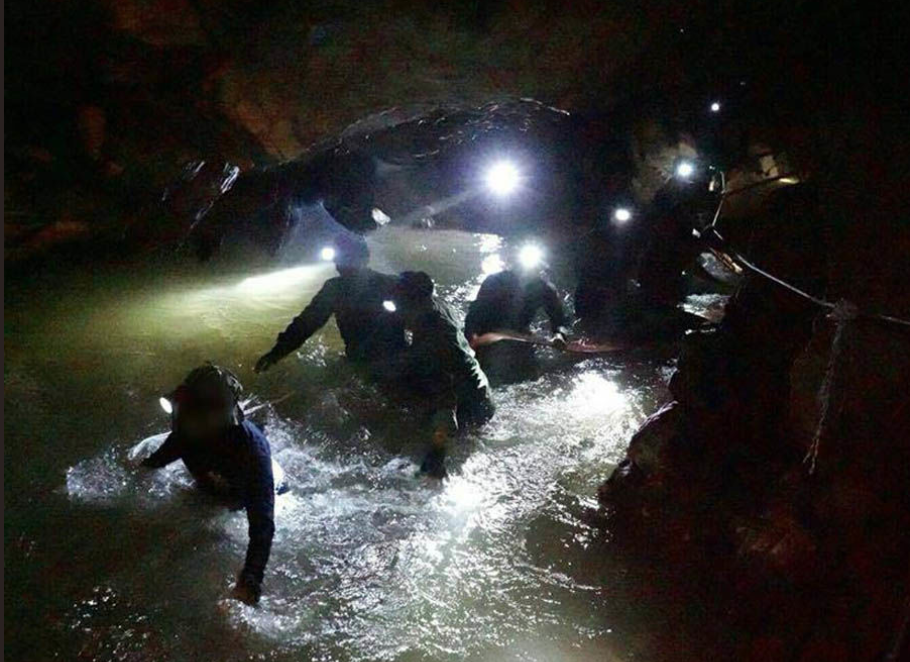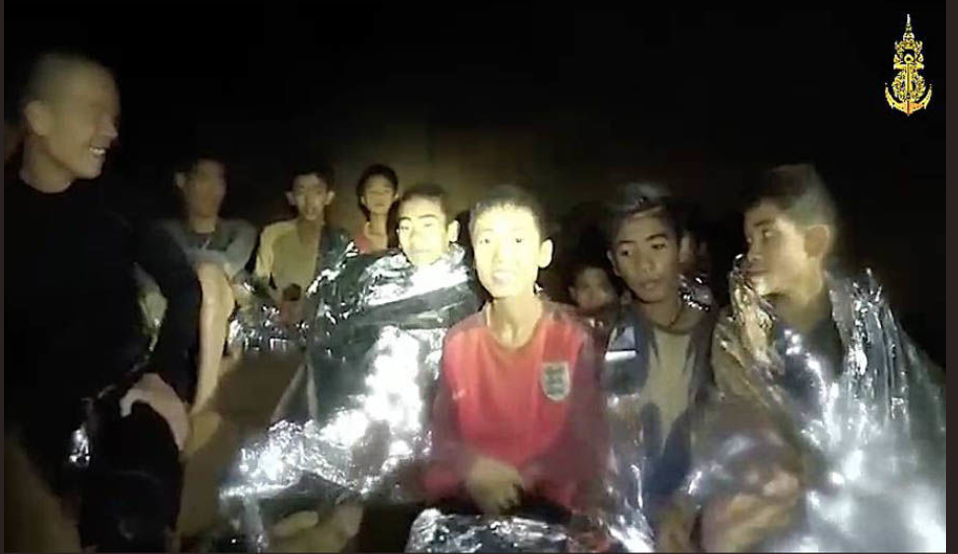Rescued Thai boys need careful monitoring after traumatic experience, says McMaster researcher

BY Wade Hemsworth
July 11, 2018
A McMaster expert in children and trauma says the first month after the rescue of 12 young soccer players from a submerged cave in Thailand will likely tell the story of how much help they may need in the future.
The world watched anxiously to see whether the boys and their coach could possibly be saved from the deep and dangerous cave where they had been trapped for more than two weeks, facing rising water, waning oxygen and total darkness.
Cave divers and other experts from around the world converged to assist Thai personnel in planning the rescue and ultimately guiding the trapped boys and their adult coach through hundreds of metres of extremely narrow, jagged passageways, including long sections filled with murky water.

Viewers everywhere cheered when all the trapped boys and their coach reached the surface, though the happiness was diminished by the death of one rescuer.
The boys were hustled straight into hospital quarantine for observation and treatment of the physical problems they had faced underground, including infections from having lived in the close, damp conditions for so long.
At McMaster, as Andrea Gonzalez followed news of the boys being raised to the surface at last, she knew they could soon be dealing with a whole new set of issues.
Gonzales is a psychologist and researcher with McMaster’s Offord Centre for Child Studies, where her work focuses on the long-term effects of trauma on children – effects that can extend beyond victims themselves and into new generations.
“In the short term, many of the boys may be showing symptoms like severe fear for their safety, clinging behaviour, moodiness and upset. They may also experience more physical symptoms that are related to the extreme distress that this experience caused, such as stomachaches and headaches,” Gonzales said in a July 10 interview with CTV News Channel – hours after the last of the players and their coach had been successfully guided to safety.

Gonzalez, an assistant professor in McMaster’s Department of Psychiatry and Behavioural Neurosciences, said the traumatic experience may have placed the boys at higher risk for anxiety and specific phobias such as fear of the dark and fear of enclosed spaces. They may also be more vulnerable to depression and post-traumatic stress disorder.
Still, Gonzalez said, having shared the experience as a team and being with their trusted coach may help to protect them against such future issues.
For the next month, she said, it will be critical to monitor the rescued boys for flashbacks, recurring nightmares or other signs that they are re-experiencing the events, and to provide assistance promptly.


